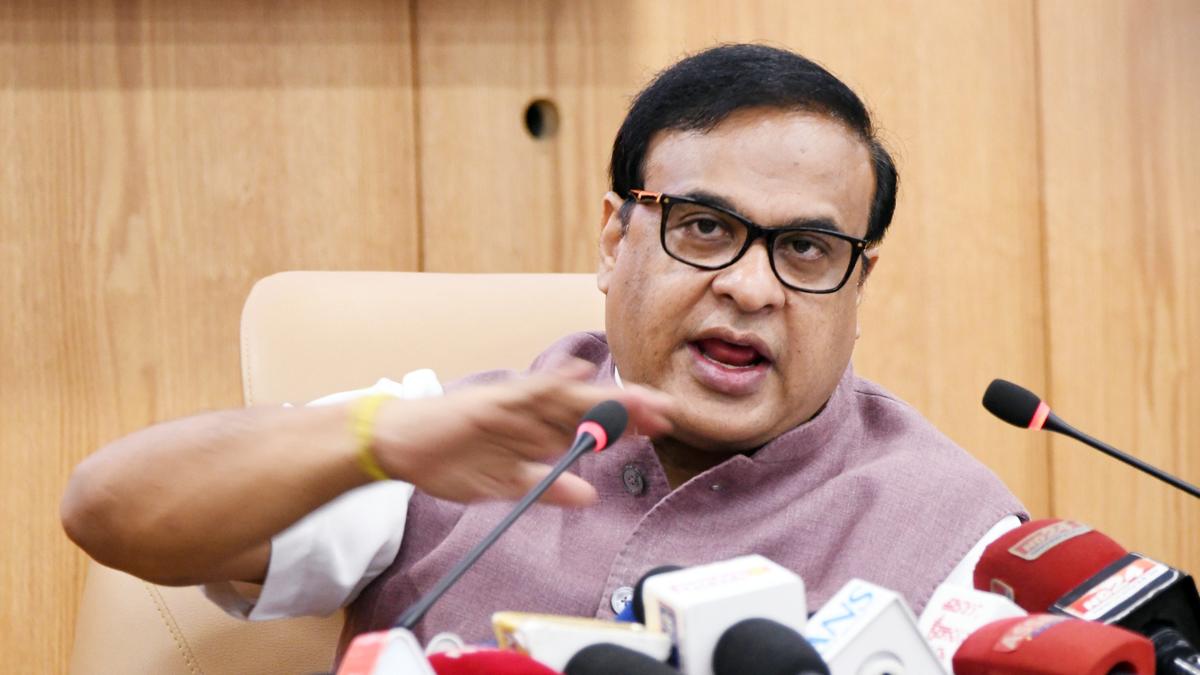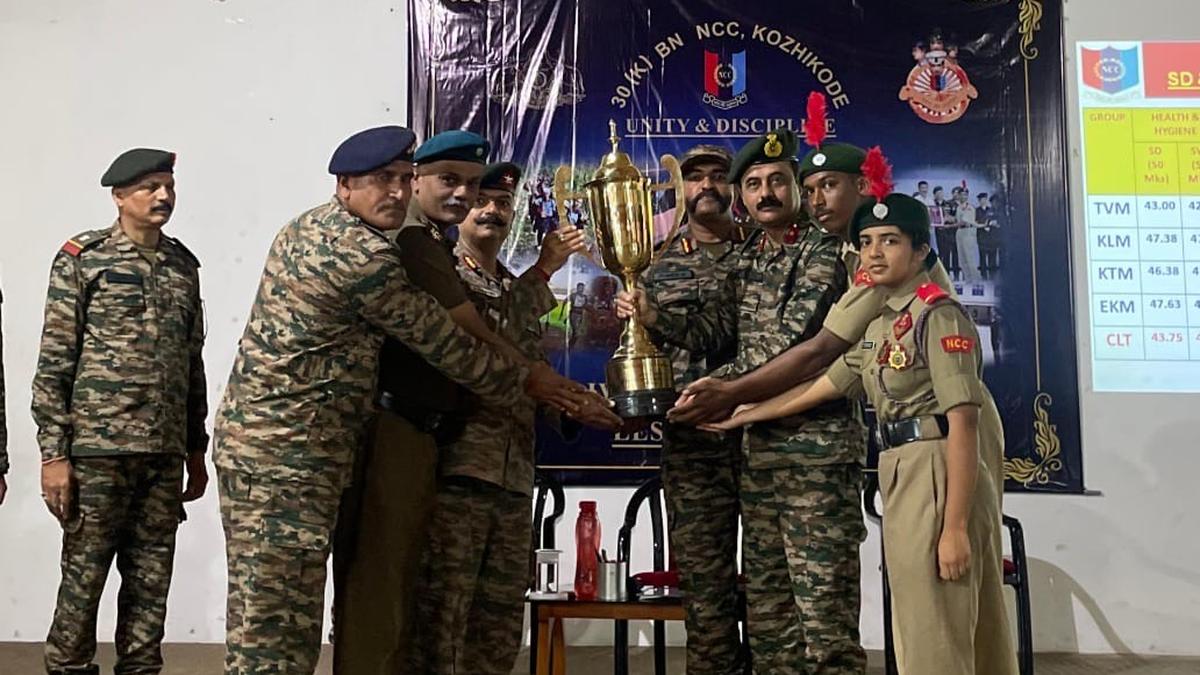Now Reading: Industries Minister Proposes Two Aerospace Corridors in State
-
01
Industries Minister Proposes Two Aerospace Corridors in State
Industries Minister Proposes Two Aerospace Corridors in State
Quick Summary
- Karnataka’s Industries Minister M.B. Patil announced plans for two aerospace corridors in the state: one covering Hubballi-Dharwad-Vijayapura and another spanning Kolar-Chikkaballapur-Bengaluru.
- the decision followed opposition to land acquisition in Devanahalli, prompting new proposals for corridor locations.
- Mr. Patil met Defence Minister Rajnath Singh regarding the project and reported a favorable response from him.
- On the Bengaluru Metro inauguration by Prime Minister Narendra Modi, Mr. patil emphasized Karnataka’s contribution to the project through taxes sent to the Center and commented on protocol adherence during past inaugurations, referencing Sigandur bridge events.
- Regarding KIADB land pricing issues, he noted price hikes due to higher demands by farmers seeking better compensation through court petitions.
- Criticizing Supreme Court comments related to Rahul Gandhi, he expressed that such observations were unneeded for an opposition Leader in Lok Sabha.
- In his remarks on international affairs, Mr. Patil referenced former U.S President Donald Trump’s tariff statements and claimed foreign leaders should avoid intervening politically during visits abroad.
Indian Opinion Analysis
The proposal of aerospace corridors represents a strategic step toward boosting Karnataka’s global positioning as an industrial hub while addressing challenges like local opposition to large-scale land acquisitions at earlier sites like Devanahalli. Collaboration with Defense Minister Rajnath Singh signals potential alignment between state-level ambitions and national priorities in technology growth areas.Statements about fiscal contributions highlight sensitivities surrounding resource allocation perception between State and Centre amid infrastructure success stories such as Bengaluru Metro expansion-a reminder that such projects are shaped by cooperative financial inputs rather than individual credit claims.
Challenges over escalating KIADB land prices underline persistent tensions between industrial progress goals and agricultural stakeholders’ welfare aspirations-an issue likely requiring legal clarity or broader compensation frameworks moving forward.
Mr.Philosophical contrasts US examples momentarily via external-focused nature
























